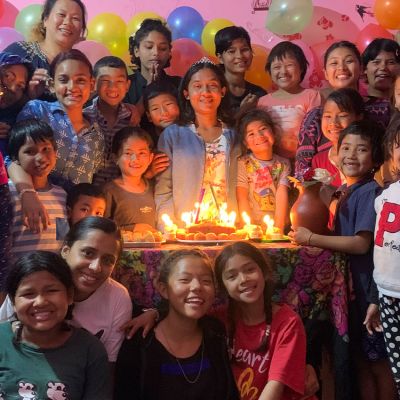Author: Alex Ip
But I did not want to do anything without your consent, so that any favour you do would not seem forced but would be voluntary.
Philemon 14
Paul specifically mentioned in Philemon 14 that he did not want Philemon to do what he deemed suitable but to do what was out of Philemon’s wish. An enslaver should be able to spot Paul’s underlying value: ‘not to force others but respect their freedom’. In a society where you could control a slave’s life or death, Philemon, as an owner of slaves, might have gotten used to exercising his power and forgotten the humanity of slaves. He was used to an owner’s identity and forgot that slaves were also created by God.
In a capitalist society, we may have gotten used to living for personal interests. In this parody shaped by capitalism, we are living to accumulate wealth and forget about the exploited farmers at the rear. When we rely on this system to accumulate wealth, another group of people are living in extreme poverty under the same system and facing a rampant problem of human trafficking.
Trafficking children has become an ‘acceptable’ culture in some countries. Even if voluntary organisations rescued the children, they might be coerced to return to prostitution when they reach a cul-de-sac. Our society utterly prevents us from seeing their tragic situation and the evil results caused by disparity.
As Christians, we should not only avoid the socially constructed high walls that block our sight of values in others and God’s creation but also shoulder Paul’s mission. Therefore, more people could see the victims’ situation and be their support and neighbour.
Let’s think:
In your routine, where can you see others’ circumstances? And what blocked your sight of others’ values and needs?
Editor: For more devotions about anti-human trafficking, you may read from CEDAR Fund’s Devotion App.
ARTICLES OF THIS ISSUE
Written by: Ness Ma (Communications Officer) ‘I used to live with my grandparents, my father and my three younger sist…
Written by: Ness Ma (Communications Officer) In the ‘Focus’ article, we wrote of the testimony of a child being rescue…
Author: Ness Ma (Communications Officer) Once mentioned human trafficking, some cinematic scenes might pop into our mi…
Author: Alex Ip But I did not want to do anything without your consent, so that any favour you do would not seem force…






